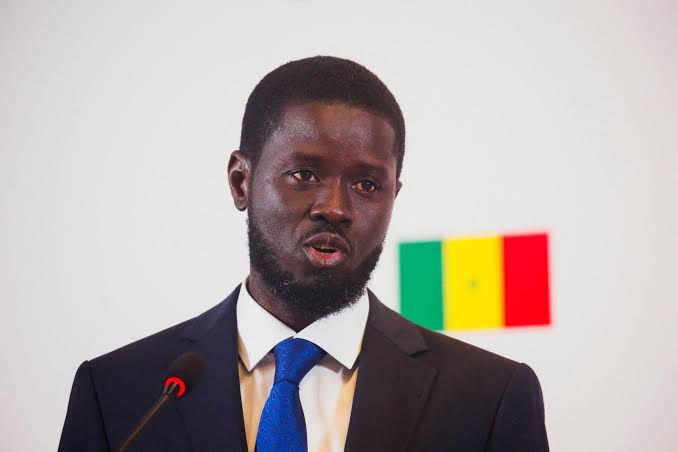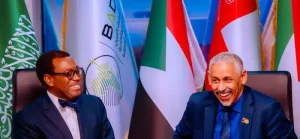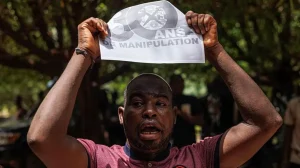
Senegal’s government is set to announce a comprehensive plan on Monday aimed at reducing the country’s reliance on foreign aid and debt, focusing instead on harnessing local resources and human capital. Prime Minister Ousmane Sonko revealed this initiative as part of a commitment to a transformative agenda promised by President Bassirou Diomaye Faye since taking office in April.
During a visit to a vocational training center in collaboration with Japan, Sonko criticized previous development models, stating, “The development models that have been presented to us or applied to us so far will never be able to develop our country. This is the end of the era of reckless indebtedness used to invest in projects that have nothing to do with building endogenous and sovereign development.”
Sonko cited Japan as an exemplary model, emphasizing the need for Senegal to prioritize education and self-sufficiency. “We prefer to be taught how to fish rather than continue to be offered fish,” he said.
Despite possessing significant natural resources, including oil, gas, minerals, and fish stocks, Senegal remains one of the least developed nations globally. The new development program is projected to span the next 25 years.
The Prime Minister’s remarks come amid ongoing political tensions, as the government prepares for snap elections on November 17 after President Faye dissolved the national assembly in September. The “Senegal 2050” plan aims to drastically reduce poverty, triple per capita income by 2050, and achieve annual economic growth of six to seven percent.
Sonko has described the country’s current economic situation as “catastrophic,” revealing a budget deficit of 10.4 percent of GDP, significantly higher than the 5.5 percent reported by the previous administration. He accused the former government, led by Macky Sall, of financial manipulation and misleading international partners.
In a recent development, Moody’s downgraded Senegal’s credit rating, placing the country under observation. The upcoming announcement is anticipated as a pivotal moment in redefining Senegal’s economic future.








